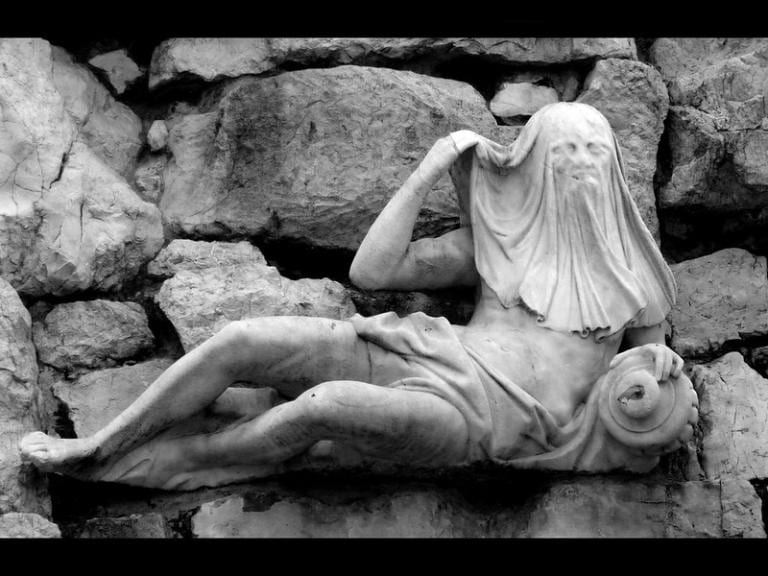Christianity Today recently published a short piece by Bonnie Kristian called “Shaming Can’t Fix Racism. But Guilt Can.” The subtitle conveys the writer’s big idea: “Guilt is about action with a clear path to redemption. Shame leaves us stuck in our sin.”
Some people have expressed their mixed feelings about the article. One man said to me, “What it says is correct. But articles like this leads people to think that shame is all bad.” Precisely.
Can Shame Stop Racism? No.
Kristian’s concerns are well-founded. She reacts to the growing tendency to shame white people for their complicity in perpetuating racism. Who is doing the shaming? White people themselves are leading the way. As an example, Kristian spotlights Robin DiAngelo, author of White Fragility, whose work I wrote about here.
My favorite excerpt from the article summarizes the problem.
Well-intended white Christians newly in pursuit of racial justice, adopting the language of our national conversation on race, began to speak of racism as an irreparable sin. They talked of racism as a stain on the souls of white people that cannot be washed away. Though rarely so blunt as that caption, much of the content I encountered reduced down to basically: “White people like you and me are inherently, unalterably shameful.”
This rejection of redemption unsettled me….
She suggests several differences between shame and guilt. Consequently, Kristian says, highlighting guilt offers a better way forward than shame since the former offers a chance at redemption. By contrast, “Because we can’t change our identity, we will always be shameful.”
Stop and think about it? How do you predict white people will respond to that message? She says,
“Some people, hearing that story, will simply reject it. They’ll deny the story’s premise of racial injustice as a means of escaping its conclusion of inescapable shame…. Most, however, exhausted by shame, will do nothing.”
The article makes a compelling case that we should focus on wrong behavior, not wrong identity, if we want to unite people against racism.
Can Shame Stop Racism? Yes!
There is, however, more than can and should be said. My friend was correct when he said, “Articles like this leads people to think that shame is all bad.” If we only read these valid remarks in this Christianity Today article, you would think that shame is an enemy to be opposed. One would think there is little to nothing redemptive about shame.
But if you’ve read this blog or other publications, you probably know better. Or you at least feel conflicted.
Recall my series on Te-Li Lau’s book Defending Shame: Its Formative Power in Paul’s Letters. Lau demonstrates how Paul’s adroit use of shame for the sake of moral transformation (specifically, “Christic formation”). How do we reconcile this with Kristian’s comments? As I’ve written about often, the word “shame” has several shades or layers of meaning. The Christianity Today article only speaks to one use of shame.
Randy Richard and Richard James make a helpful distinction in their exceptional forthcoming book Misreading Scripture with Individualist Eyes: Patronage, Honor, and Shame in the Biblical World. A malignant use of shame drives people away, treating them as outsiders. A healthy, restorative application of shame has the opposite effect. It draws people to us. It expresses belonging and urges people to live up to the group’s values.
In East Asian cultures, Confucian thinking has long treated shame as a “moral emotion.” I looked at this topic in posts on Bongrae Seok’s Moral Psychology of Confucian Shame: Shame of Shamelessness.
Kristian’s article uses a far more common perspective on shame. Westerners have a hard time seeing shame as a virtue. Yet, “shame” essentially functions as one’s conscience. This is why people sometimes make the rebuke “Have you no shame!?”
To see how the Bible uses these various “types” of shame, check out my Themelios article “Have Theologians No Sense of Shame? How the Bible Reconciles Objective and Subjective Shame.”
So, how do we answer the question, “Can shame stop racism?” No… and yes. It depends on what you mean by shame.













